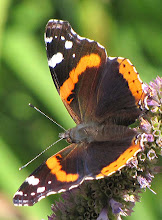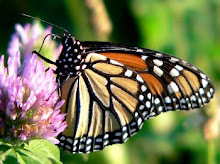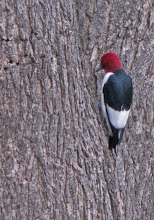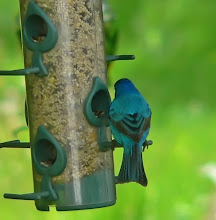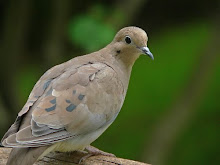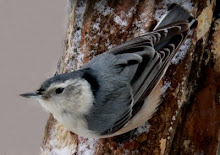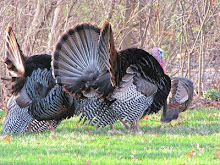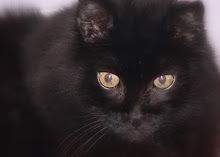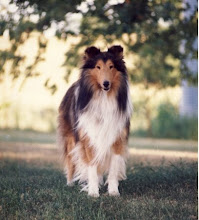I hope everyone had a wonderful Christmas.
We had an ice storm here on Wednesday into Thursday that interrupted power to more than 40,000 homes. My sister's home was one of them. Her family spent Wednesday night and all day Thursday wrapped in blankets in front of their fireplace. They had no electricity, no heat and no hot water.
It rained on Christmas morning and later in the afternoon the temperature dropped. The roads were a sheet of ice driving home on Christmas night. Later the snow started and we had another eight inches by Saturday evening.
In spite of the weather, our family had a lovely Christmas, eating a wonderful meal, laughing and chatting.
It rained on Christmas morning and later in the afternoon the temperature dropped. The roads were a sheet of ice driving home on Christmas night. Later the snow started and we had another eight inches by Saturday evening.
In spite of the weather, our family had a lovely Christmas, eating a wonderful meal, laughing and chatting.

One of my best gifts this year has been this little visitor I call Mouse. I’ve hoped for years to attract a Tufted Titmouse to my feeders. I often see them at Severson Dells and at my father’s feeders. This is the first year I’ve been successful in bringing them to my farm. Aren’t their large, black eyes appealing?
These little birds maintain their pair bonds year round. In fact, family bonds are so strong; youngsters from the previous spring often remain with the parents and help with nesting and feeding the following year.
Females are very particular about nesting materials and prefer soft hair. People have reported seeing them pull fur from live squirrel and woodchuck tails, and from men’s beards.
The annual bird counts judge these birds to be a tentative success story. While most bird populations are rapidly decreasing, Tufted Titmouse numbers show a moderate increase. It is guessed this may be because more people are feeding birds over winter and these adaptable birds are benefiting.
These little birds maintain their pair bonds year round. In fact, family bonds are so strong; youngsters from the previous spring often remain with the parents and help with nesting and feeding the following year.
Females are very particular about nesting materials and prefer soft hair. People have reported seeing them pull fur from live squirrel and woodchuck tails, and from men’s beards.
The annual bird counts judge these birds to be a tentative success story. While most bird populations are rapidly decreasing, Tufted Titmouse numbers show a moderate increase. It is guessed this may be because more people are feeding birds over winter and these adaptable birds are benefiting.

The Titmouse comes to the suet feeders for Kaytee suet dough, then to the hopper feeder for shelled peanuts. I'm sure they will eat sunflower seeds also but haven't seen them at the sunflower feeders yet.
Wishing all of you a very happy New Year.
May you have and abundance of love, peace, health and comfort.
Wishing all of you a very happy New Year.
May you have and abundance of love, peace, health and comfort.

































